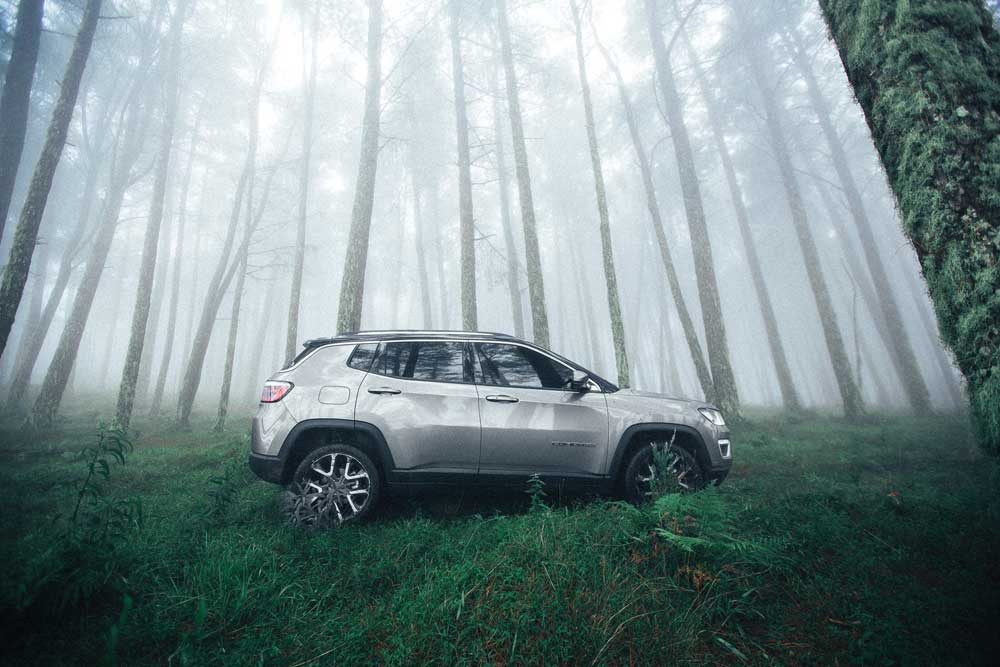Car is an investment that will depreciate over time gradually. No matter what car you buy or how you keep it, the moment it leaves the dealership store or factory, it will lose its value; According to Edmunds, 11% of the car value is lost as soon as you drive it out of the store. You can get only 37% of the actual car value after a period of 5 years; that’s depressing, right?
Hold on! This does not mean you should not spend money buying your dream car. Not all cars depreciate at the same rate, and the way the car has been kept also plays a major role in the value lost. Here are some tips to follow to help hold onto the car value and make it depreciate really slowly:
1. A clean car:
This may sound like a usual talk and nothing big, but practically keeping the interior and exterior of the car clean all the time can be a difficult and time-consuming task. With everyday life running like hell, taking out time for cleaning the car regularly can feel overwhelming.
An obstinately dirty exterior and interior will gradually make your car lose the charm; faded rugs, stained seat covers, corroded exterior will definitely not please the buyer.
Make sure to keep your car clean as soon as it gets dirty, particularly if you have kids riding with you. A thorough cleaning once in a month or two months will also be game-changer to maintain your car.
2. Do your research:
It is extremely important to have a thorough survey of the cars before buying them. The beginning amount you pay for a car will have a drastic impact on the amount of money that you can lose when reselling the car.
All cars are not the same; some cars are special and will hold on to their value more as compared to others. But how to know all this? Make sure to discuss this with a car-savvy friend, and to be on the safe side, buy your car from reliable platforms like Autocoincars so that you get the best options from a variety of verified dealers. .
3. Regular check on the engine:
Maintaining a healthy engine is imperative for the car’s life and value. A healthy engine will last longer and run more efficiently and hence will help preserve the car’s value from depreciating quickly.
Take your car to a good repair shop for annual or biannual inspection or when needed. Make sure to change the oil and filter after a certain time period or mileage. While oil changing, make sure that you use the recommended oil always and consult a professional mechanic before planning to make any changes.
A well-maintained car goes a long way while saving you cash and will also be a plus point for buyers.
4. Avoid wear and tear:
Use your vehicle gently and carefully. You are not a part of a racing game or a movie that you have to drive the car like Vin Diesel. No need to test the cars to the extreme limits. This will let you have fun but will bring more damage to the car than you can think.
Treat your car like you would treat someone you love, and it will surely pay you back by not depreciating much faster and will hold on to the value a little longer than usual.
5. Watch before parking:
You may be driving very carefully and taking all precautions, but what about the newbies or the rash drivers around. A single scratch or slight damage to the car will make it lose some bucks even though you may not have incurred it, but what has happened has happened.
To avoid this unpredictable damage, make sure you park it at the right spot. Park your car at a distance from other cars to avoid scratching from bumper and door dings. Try to find a spot far away from where the cars are already parked. Try to avoid paring in tight spaces and sharp turns. A shade or a garage, if available is the best and safe place to park the car.
6. Be mindful of the mileage.
Mileage is the distance covered by the car since it stepped on the road. The more the distance covered by the car, the lower the value of the car will be. Mileage is a major factor in determining the price of your vehicle. The average a vehicle will travel in a year is around 15,000 miles; more than that means you have been driving heavily and hence more wear and tear of the engine and car body.
Once your car will hit 100,000 miles mark, the value of your car will slide down rapidly. So be mindful of the distance your car is covering. It will have a critical impact on your car’s resale value.
7. Your car should be a no eating and smoking zone:
Unnecessary eating and smoking in the car can damage the interior of the car. Stains and marks can be very difficult to clean and will have a direct impact on the car’s value. Persistent smoking can leave a very bad odor in the car that may not even go away after thorough cleaning; this will definitely upset the buyer and cause a drop in the car’s value.
8. No need to spend on unnecessary accessories:
Some car fanatic people will spend so much on unnecessary stuff and modify the car to the extent that it will no longer resemble the original car. This will not be an issue if you plan to stick to the car forever, but if you plan to sell it, then such unnecessary modifications are a big no-no!
No one would want to buy a car that has been modified according to your taste and is far away from its original look. If you plan to sell your car and wish to preserve its value, make sure that the car is as close to the original as possible at the time of selling.
Conclusion:
Your car is a depreciating asset, but the way you take care of the car and the car that you invest on can make a huge difference in the amount of deprecation. If you will buy smartly, take care of it efficiently, then the car will surely pay you off and not be a total loss for you.

